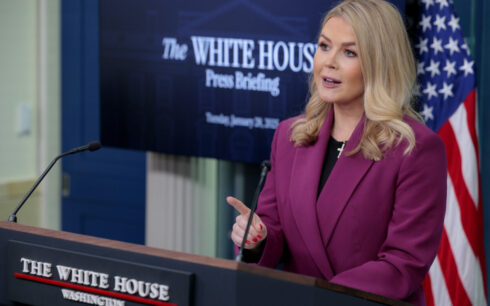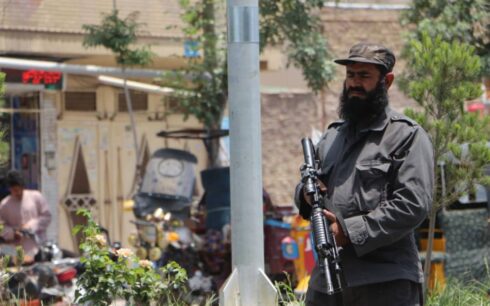KABUL, Afghanistan — Fasihuddin Fitrat, the Taliban’s chief of army staff, has suggested that Afghanistan’s people need both male and female doctors, a remark seen as an implicit critique of the Taliban leader’s recent decree barring women from pursuing medical education.
Speaking at a ceremony hosted by the Taliban’s Academy of Medical Sciences in Kabul on Thursday, Fitrat emphasized the importance of medical education for the country.
“Studying medicine is an absolute necessity in an Islamic system,” he said, according to a statement released by the Taliban’s Ministry of Defense.
On December 2, Akhundzada ordered the closure of all medical and semi-professional institutions to female students, effectively ending their access to training in health-related fields.
The decision has been widely condemned by domestic and international organizations, which warn of dire consequences for Afghanistan’s already strained healthcare system.
Human rights groups have criticized the ban, saying it exacerbates an existing shortage of female healthcare professionals, including doctors, nurses, and midwives.
This, they argue, will have severe repercussions, particularly for women and children in a country where cultural norms often restrict women from seeking care from male practitioners.
Fitrat’s comments mark a subtle divergence from the hardline stance of the Taliban’s supreme leader. While he did not directly criticize the ban, his acknowledgment of the need for female doctors highlights internal contradictions within the Taliban’s policies.
The Taliban’s restrictions on women’s education and employment have compounded a healthcare crisis in Afghanistan. According to the World Health Organization, the country already faces a critical shortage of healthcare workers, with women comprising a significant portion of the sector before the Taliban’s return to power in 2021.
International organizations, including the United Nations, have urged the Taliban to reverse policies that bar women from education and employment, warning that such measures isolate the country and deepen its humanitarian crisis.





